Snapple’s not just about fruity drinks and sweet tea. It’s also a factory of bizarre trivia—hidden under bottle caps like tiny treasure chests of random knowledge. While most people toss them aside, some of those facts are too strange to ignore. The caps have spoken, and here are 15 of the quirkiest, most entertaining Snapple facts ever bottled.
Dolphins Can’t Smell
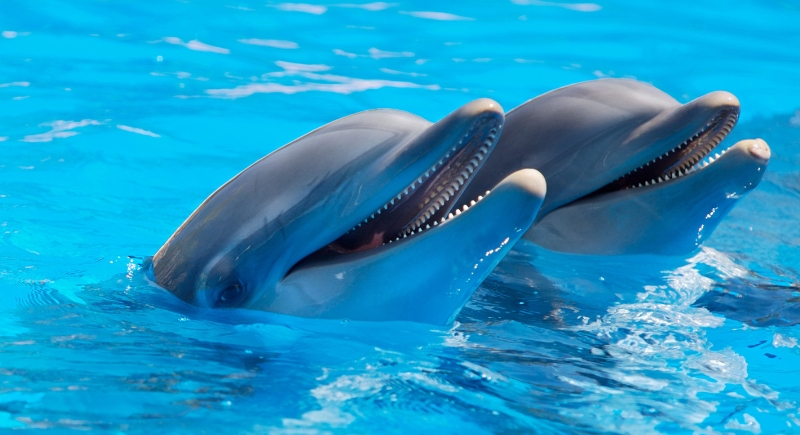
You’d think with all their underwater superpowers, dolphins could do it all. But sniffing? Nope. Dolphins lack olfactory nerves, so they can’t detect scents. Their brains traded in smell for heightened hearing and sonar-like echolocation. For an animal so sharp, they’ve got a surprising blind spot.
Your Morning Height Is a Lie

Standing taller in the morning isn’t just a metaphor—it’s physics. Human spines decompress overnight, so people are actually up to two centimeters taller when they wake up. Gravity takes care of that quickly, though. By the end of the day, you shrink back down.
The First Sound Barrier Breaker Wasn’t a Plane
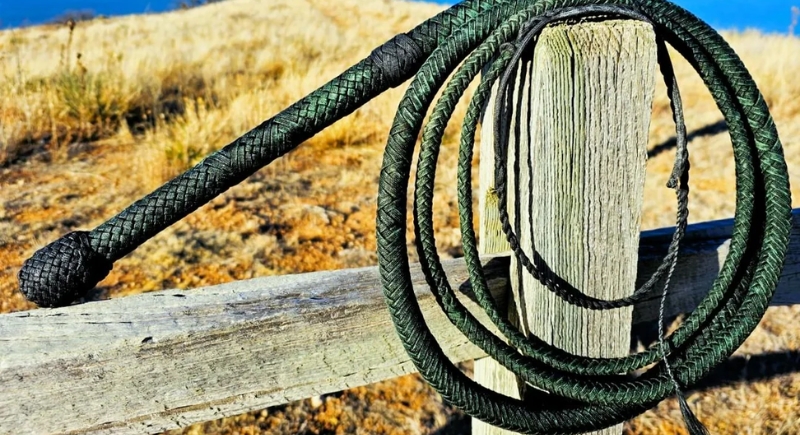
Forget jets. The first manmade object to break the sound barrier? A whip, and that cracking noise is a mini sonic boom. Long before Chuck Yeager flew the Bell X-1, ancient herders were casually breaking sound limits to move cattle. Turns out, old-school tools had some serious speed.
Hiccups Can Last Decades

The longest recorded case of hiccups lasted 68 years. Charles Osborne started hiccuping in 1922 after a fall. He kept hiccuping—an estimated 430 million times—until 1990. He lived a full life, hiccups and all, and even got married twice. Love really does conquer all.
Camels Have Three Eyelids
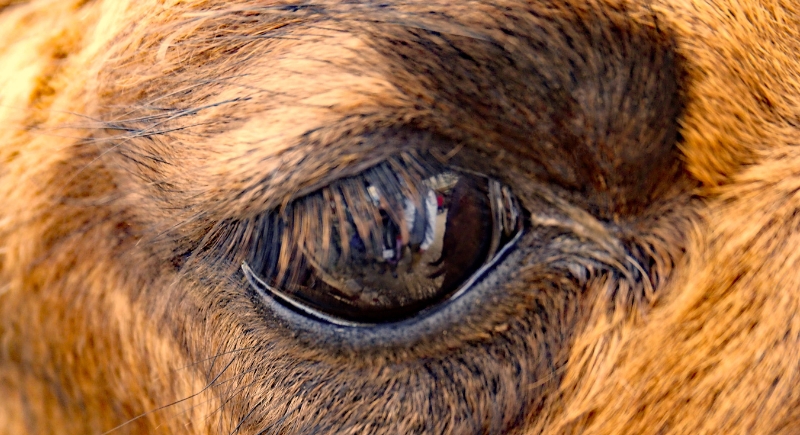
Camels aren’t just built for the desert—they’re over-engineered for it. Each eye has three eyelids and two rows of eyelashes to block sand and sun. It’s like built-in goggles, minus the fogging issue. When a sandstorm hits, they blink and keep walking, completely unbothered.
The First VCR Was the Size of a Piano
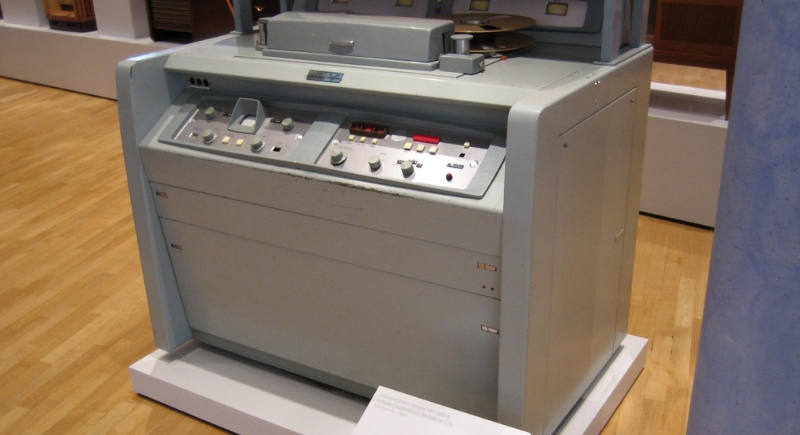
Back in 1956, playing a video at home meant clearing space for something massive. The first VCR—built by Ampex—wasn’t a box under your TV. It was the size of a baby grand piano and cost about $50,000 in today’s dollars.
Ketchup Was Once Sold as Medicine
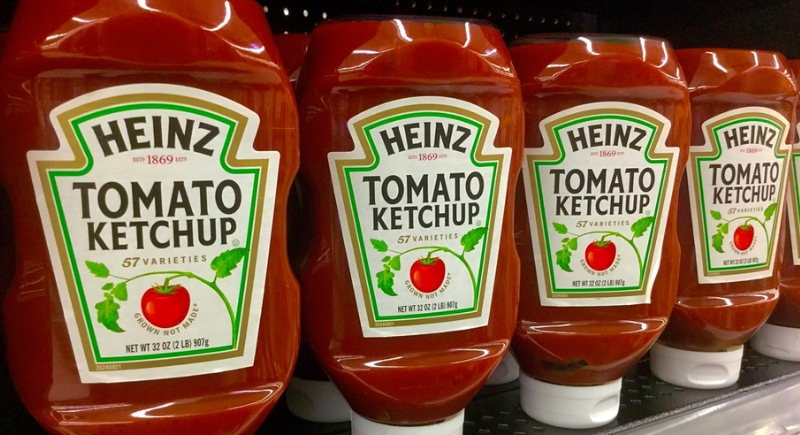
In the 1830s, tomato ketchup was marketed as a cure for indigestion and even diarrhea. Dr. John Cook Bennett added tomatoes to pill form and spread the idea that ketchup had medicinal properties. It didn’t exactly heal the nation but boosted ketchup’s popularity.
A Group of Goats Is Called a Trip
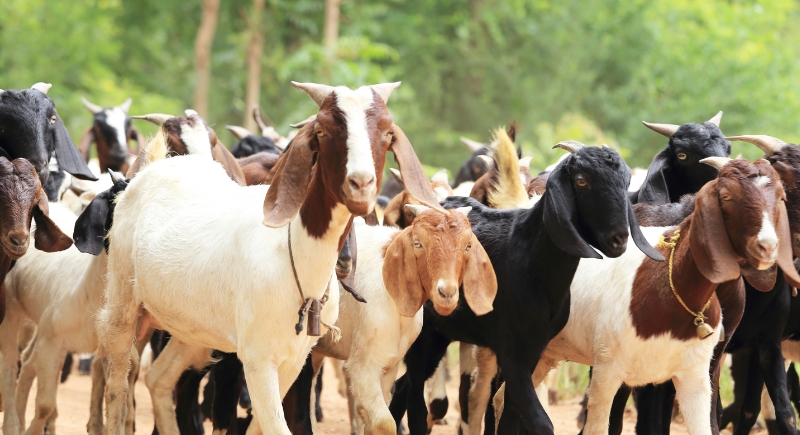
Goats don’t just travel—they trip. Not literally, of course. The official term for a group of goats is a “trip,” like something a vacation brochure would write if goats booked cruises. It’s one of those weird collective nouns that sticks with you just because it makes so little sense.
Flamingos Eat Upside Down
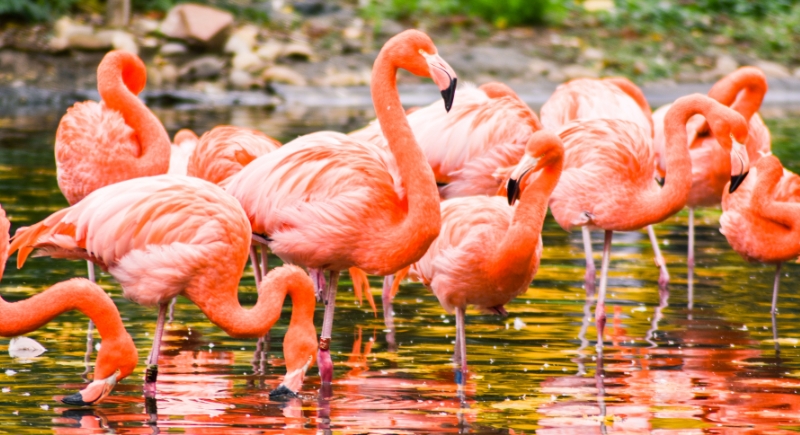
Feeding time for flamingos looks like a mistake. They tip their heads completely upside down to eat, filtering out mud and water with their beaks. Their unique jaw structure only works properly when inverted. It’s not a party trick—it’s just how dinner works when you’re built backward.
A Slug Has Four Noses
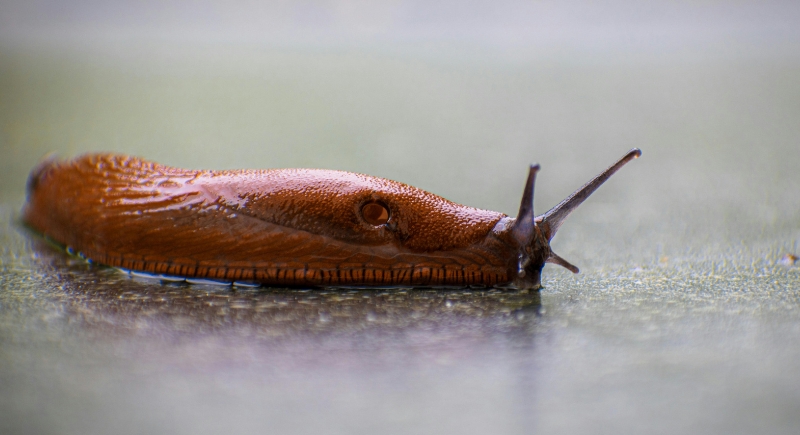
Snails get the poetic attention, but slugs are truly odd. Each slug has four distinct noses, all used for detecting chemicals, food, and changes in the environment. Two are for sight and smell, and two focus solely on smell. It’s like living life as a walking, slimy weather station.
The Word “Purple” Has No Rhymes
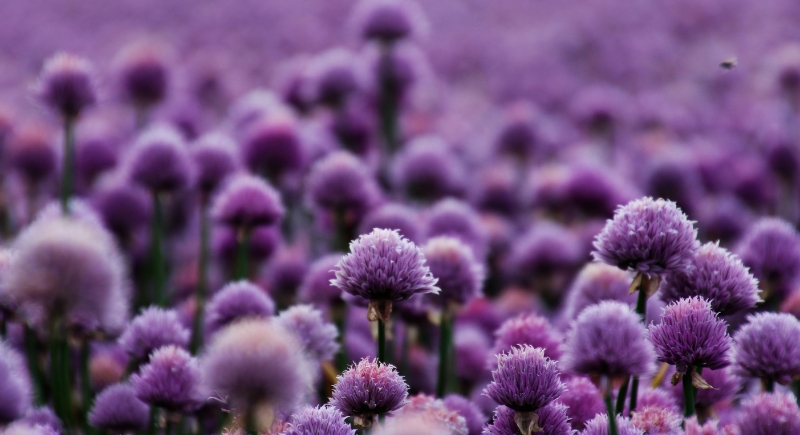
In English, “purple” is a linguistic loner. No other word rhymes with it. Songwriters and poets have been stuck for centuries. Eminem reportedly tried to rhyme it with “circle” and “turtle,” but even he had to stretch. If you’re trying to make purple lyrical, good luck.
Bees Have Five Eyes
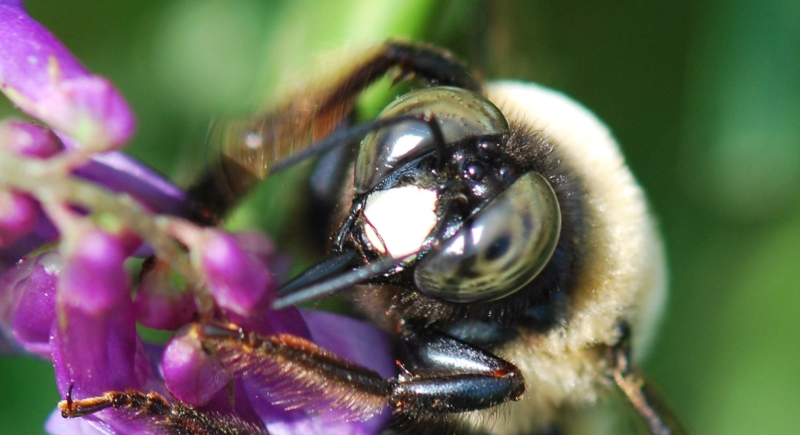
Each bee has three simple eyes on top of its head and two large compound eyes on the sides. The simple eyes detect light; the compound ones see patterns and movement. That’s five total—more than enough to dodge swatters and spot flowers.
A Penny Used To Say “Mind Your Own Business”
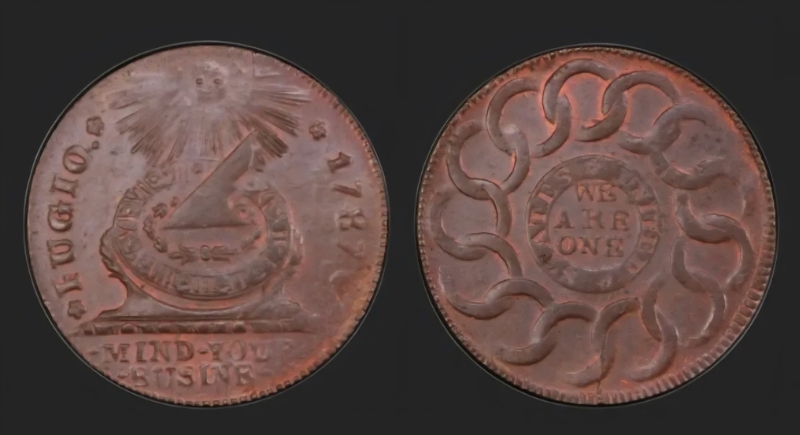
The very first U.S. penny, minted in 1787, didn’t have Lincoln’s face. Instead, it came with a blunt message: “Mind your own business.” It was Benjamin Franklin’s motto and a reminder to focus on personal matters over government ones. Today’s coins feel a lot less sassy by comparison.
Fish Can Drown
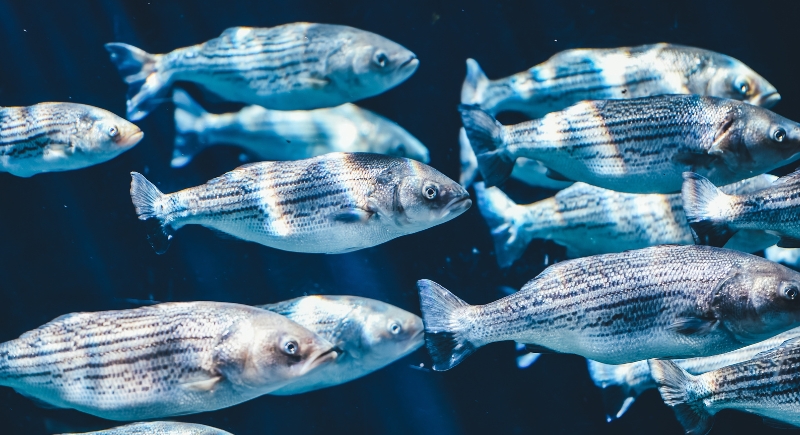
It sounds impossible, but it’s true. Fish need oxygen just like land animals, and they extract it from water using their gills. They can suffocate if the water lacks oxygen or if pollutants block gill function. It’s not drowning in how humans experience it, but the same result.
Vanilla Is Used to Make Chocolate
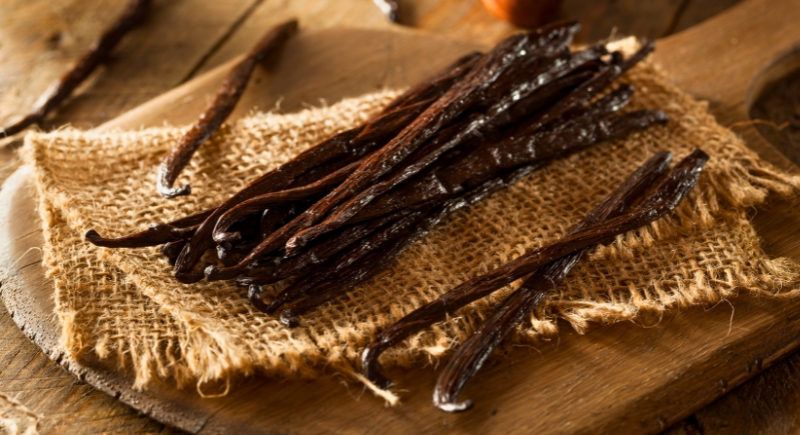
It sounds backwards, but vanilla is a key ingredient in most chocolate recipes. It’s not for flavor—it’s used to smooth out bitterness and deepen the cocoa’s taste. Without vanilla, most chocolate would taste oddly flat or overly sharp. One sweet secretly depends on another.